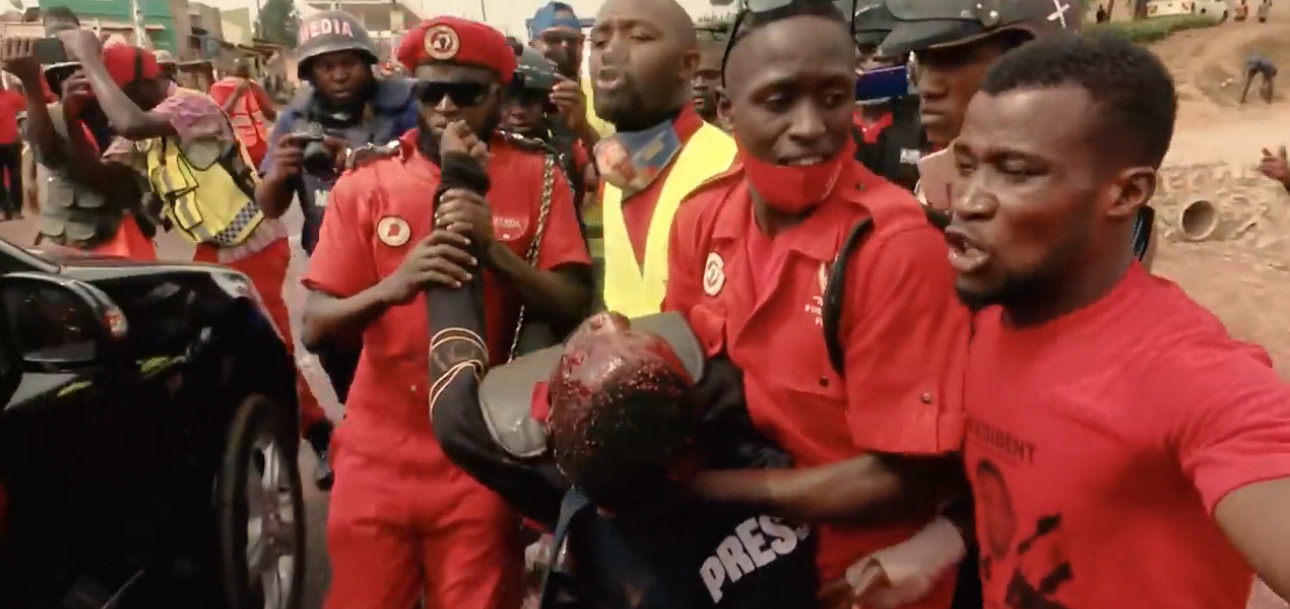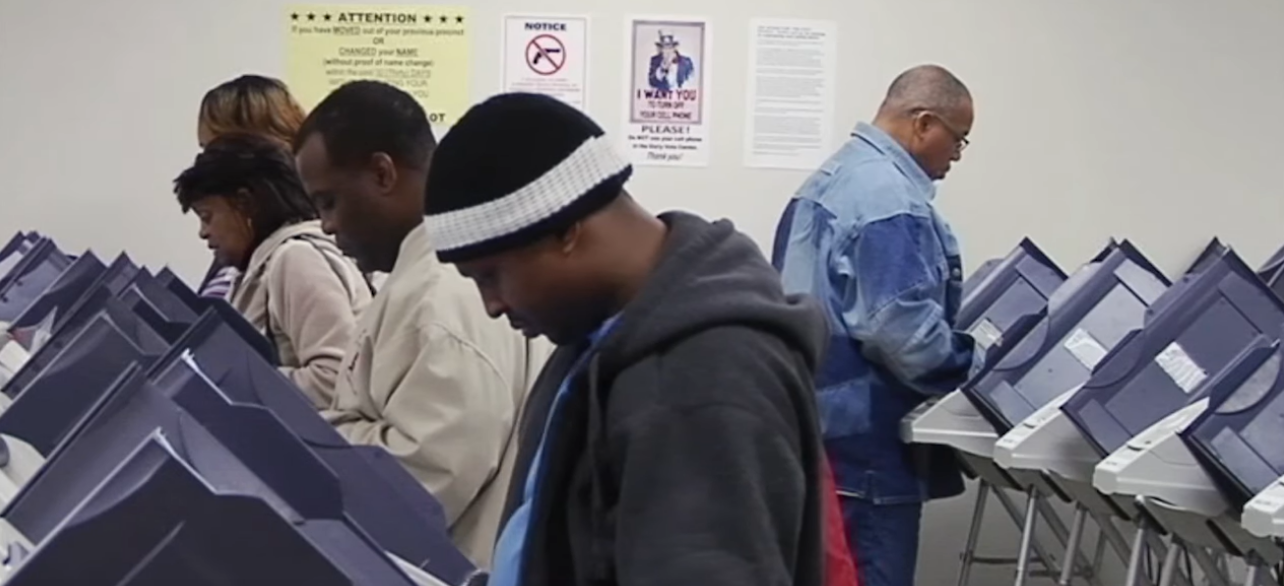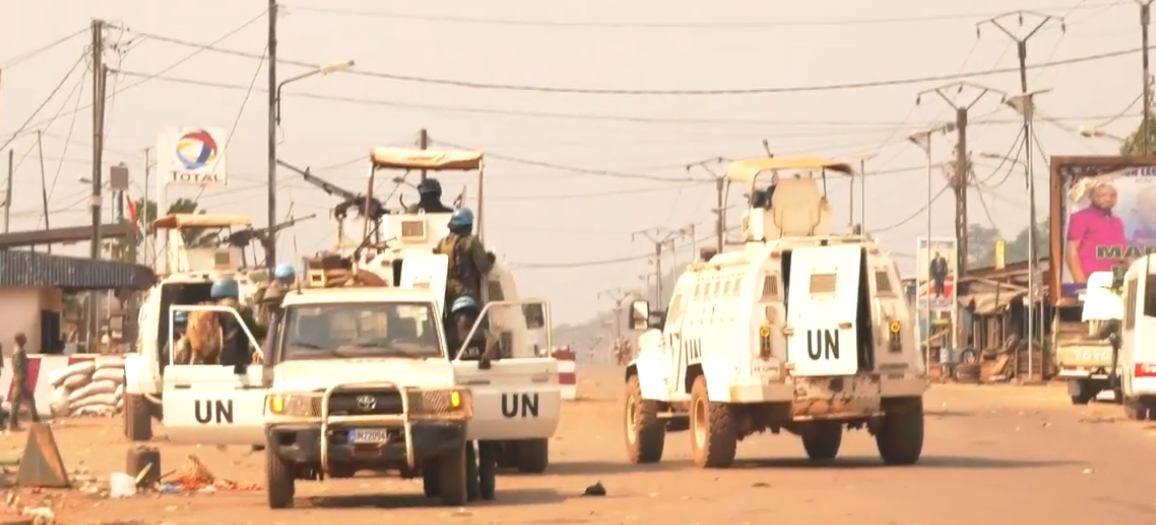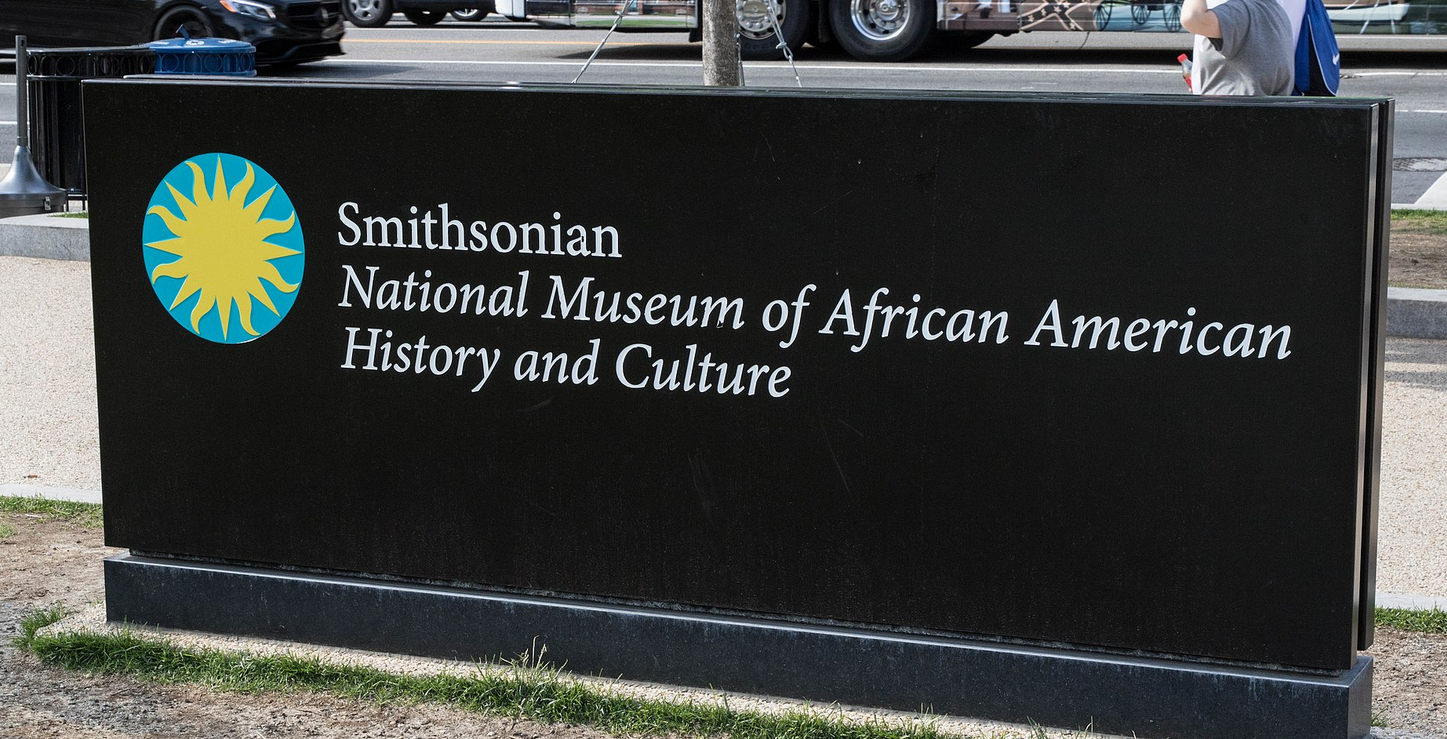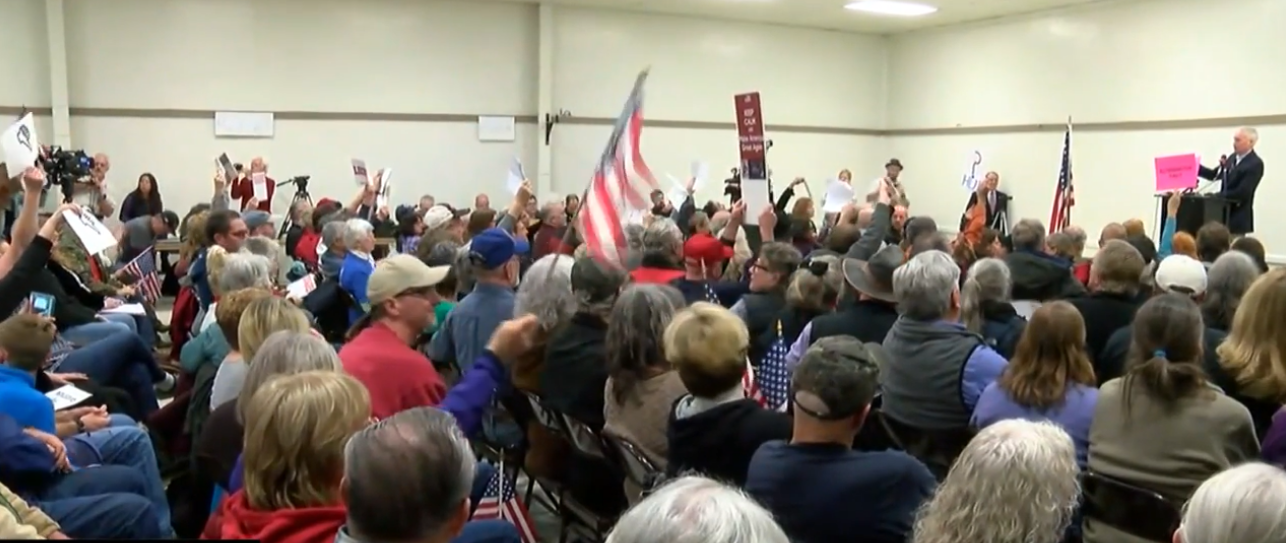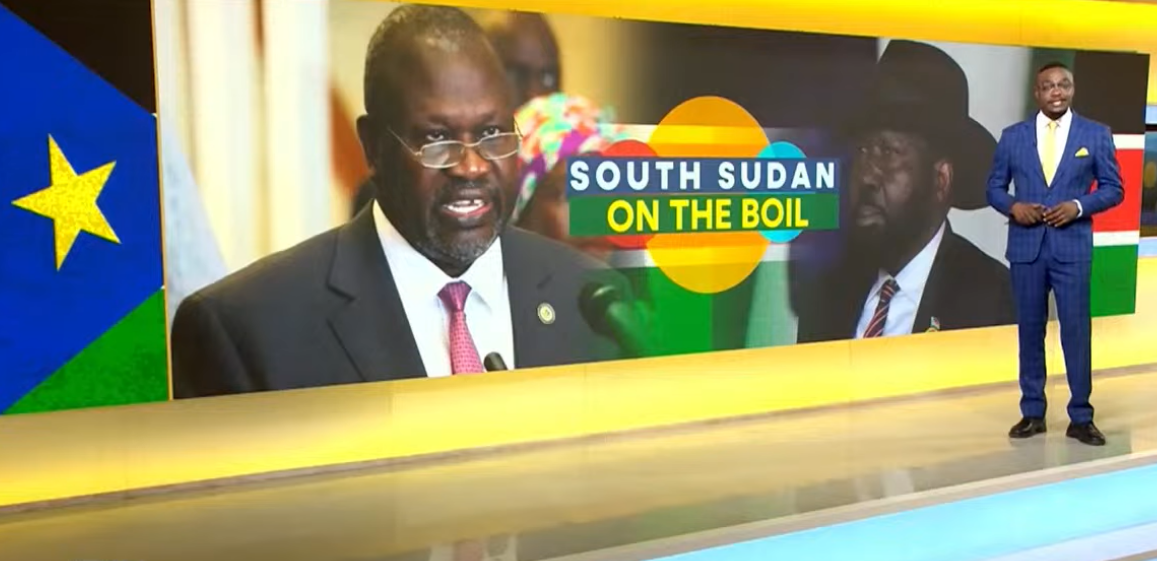Photo: International IDEA
New York, December 8, 2021—On the eve of the U.S. government’s inaugural Summit for Democracy, the Committee to Protect Journalists reiterated that support for press freedom is critical to reversing the decline of democracy worldwide.
“Journalists are being attacked and thrown in jail in record numbers for doing their jobs, so this meeting can’t be just another photo-op,” said CPJ Deputy Executive Director Robert Mahoney. “Many independent journalists work under constant threat, including in several of the countries President Biden has invited to his Summit for Democracy. He needs to ensure it produces concrete results to protect those journalists and media freedom. There is no true democracy without a free press.”
The summit, on December 9 and 10, invites participants to pledge to defend against authoritarianism, fight corruption, and promote respect for human rights. All three require a free press, but CPJ has documented many of the participating countries imprisoning journalists, keeping them under surveillance, or failing to punish their attackers.
For 40 years, CPJ has reported on press freedom violations across the world while advocating for the rights of journalists and informed societies. At this critical juncture for the future of democracy, CPJ is highlighting key areas for action by governments:
- Release imprisoned journalists: CPJ’s 2021 census will be released December 9, showing journalists are being jailed at record rates, often charged with anti-state crimes. Even temporary detentions have a chilling effect on those reporting the news, including in the U.S., where more than 50 journalists were arrested or detained on the job in 2021. Governments must commit to releasing journalists and withdrawing laws that criminalize reporting.
- Combat impunity for journalist murders: CPJ research has found that no one has been held to account for 81% of journalists murders during the past 10 years. Of the more than 900 journalists murdered for their work since CPJ started collecting data in 1992, over 30% covered corruption, including investigative reporters Ján Kuciak of Slovakia and Daphne Caruana Galizia of Malta. CPJ’s 2021 Global Impunity Index spotlights 12 states that routinely fail to prosecute killers who target the press; seven of those – Iraq, Mexico, the Philippines, Brazil, Pakistan, Bangladesh, and India – will attend the Summit. Impunity sends a message that the murder of journalists is acceptable. It is not, and governments must commit to protecting journalists and prosecuting their assailants.
- Prevent legal attacks: States and other actors have used charges of defamation, tax evasion, sex crimes, and other legal tactics to intimidate journalists and obstruct reporting around the world. Among those facing spurious cases is veteran Filipino journalist Maria Ressa, who on December 10 will be honored in Oslo for receiving the Nobel Peace Prize with Russian news editor Dmitry Muratov. States must commit to preventing legal harassment of journalists and supporting the Biden administration’s plan to help fund journalists overseas fighting frivolous lawsuits.
- Protect journalists from surveillance, shutdowns: State and private actors have used technology to surveil journalists or quash their reporting, while seeking to undermine the encryption that protects their communications. Some journalist spyware targets have faced arrest and physical violence in reprisal for their work, and CPJ has welcomed the Biden administration’s initial steps to restrict the spyware trade. States should call for a moratorium on the sale of spyware technology until proper regulations are in place, and refrain from shutting down the internet or apps that journalists rely on for work.
Explore CPJ’s 2020 recommendations and white paper on how the Biden administration can strengthen press freedom globally.

